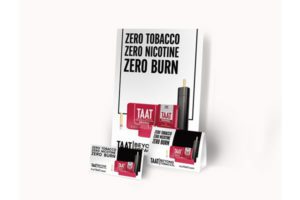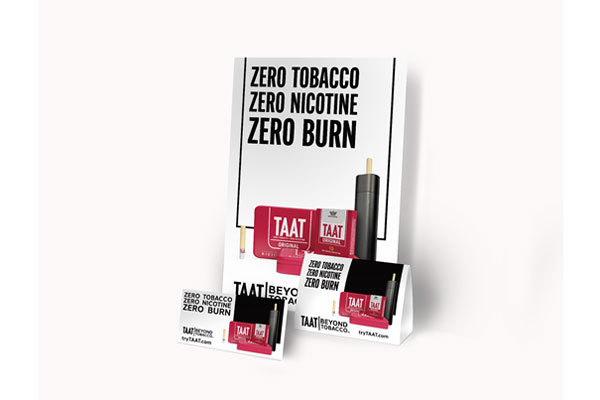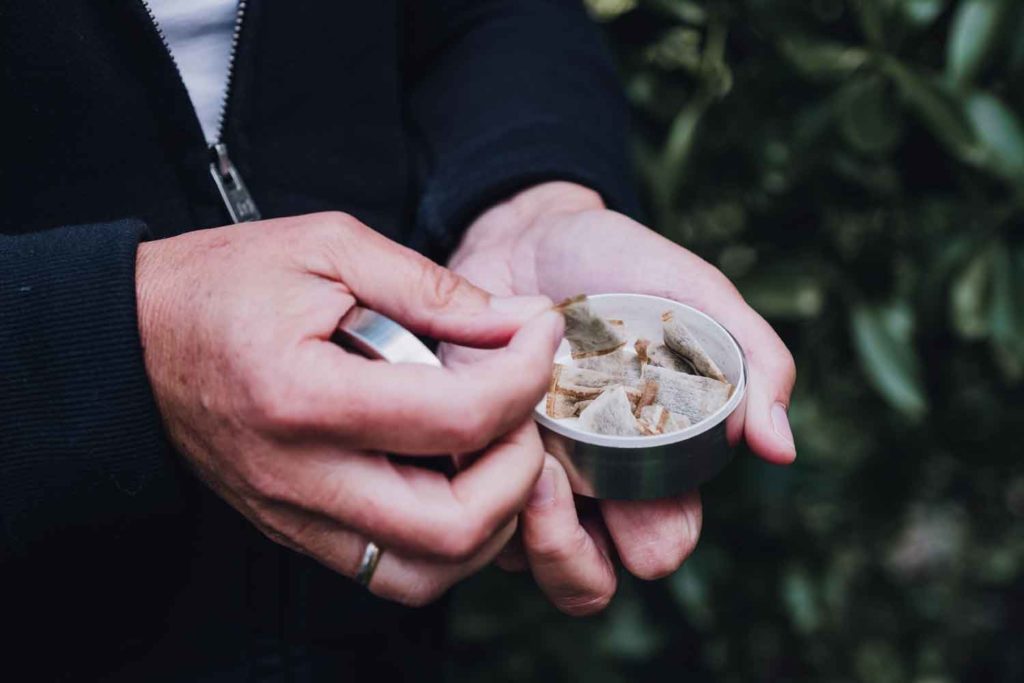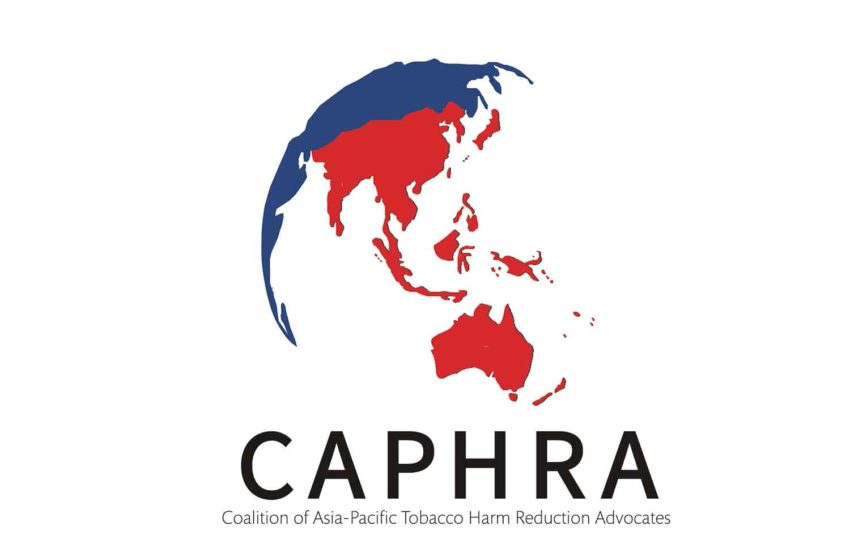
Taat Global Alternatives has joined E1011 Labs’ Pilot Partnership Program (P3), an initiative by the California-based heat-not-burn innovator to leverage the capabilities and resources of third-party firms to advance its efforts in the tobacco and tobacco-adjacent categories.
In a press release dated May 17, 2022, Taat announced the release of its sales materials for a heat-not-burn offering made in collaboration with E1011 Labs using the company’s proprietary and patent-pending base material Beyond Tobacco, which contains no tobacco or nicotine.
In its June 14, 2022 press release, E1011 Labs announced the second edition of its patented Elon combustion-free device using precision heating technology with unique features including a touchless “pause” function with which a user can suspend a session by blowing into a circular sensor.
E1011 Labs stated the wide range of applications for heat-not-burn technology includes use cases in the pharmaceutical, cannabis and tobacco categories. As the very first participant in E1011 Labs’ P3 ecosystem, Taat will work closely with E1011 Labs to commercialize a novel heat-not-burn option with no tobacco or nicotine.
“E1011 Labs is proving to be a very strong partner for us, and we are honored to be the first in their P3 program for collaboration to advance their initiatives in the heat-not-burn space,” said Taat founder Joe Deighan in a statement.
“Our primary focus is on developing, manufacturing and commercializing our flagship combustible product, which is why E1011 Labs’ reach, R&D bandwidth and marketing capabilities are invaluable to us as an upcoming entrant to the heat-not-burn space. We are thankful to E1011 Labs’ management for their confidence in us, and we are very excited to be working together for our respective pursuits in the $812 billion global tobacco category.”














 “By stirring up anti-vaping hysteria, New Zealand’s Asthma and Respiratory Foundation will only send more minors back to smoking and put the country’s decade long Smokefree 2025 ambition in jeopardy,” says Nancy Loucas, executive coordinator of the Coalition of Asia Pacific Tobacco Harm Reduction Advocates (CAPHRA).
“By stirring up anti-vaping hysteria, New Zealand’s Asthma and Respiratory Foundation will only send more minors back to smoking and put the country’s decade long Smokefree 2025 ambition in jeopardy,” says Nancy Loucas, executive coordinator of the Coalition of Asia Pacific Tobacco Harm Reduction Advocates (CAPHRA).




